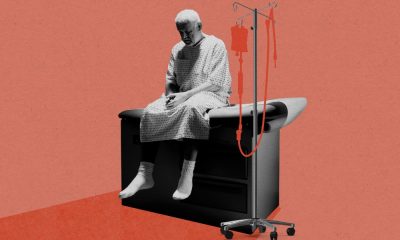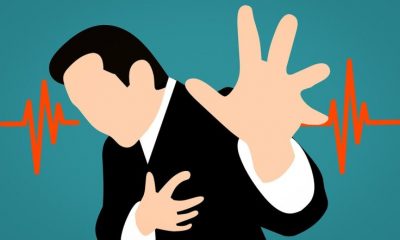There are many things at play when it comes to eating behavior. A new study has found that both the conscious and unconscious mind influences the foods we crave.
The study, published in the journal PLoS ONE, found visual cues have a bearing on our eating patterns, irrespective of whether we are aware of it or not.
Led by researchers from the Osaka Metropolitan University, Japan, the study found unconscious neural processes may have a significant influence on our food cravings, which might make controlling our eating behavior a difficult task.
“In this study, we aimed to investigate both the conscious and unconscious decision-making processes related to eating behavior, and to examine whether an interaction related to eating behavior exists between conscious and unconscious neural processes,” researchers wrote.
Healthy male participants were enrolled in the study, and shown images of both food and non-food items. The images were viewed consciously as well as unconsciously.
There is a region in the brain’s frontal lobe called the inferior frontal gyrus that controls eating behavior, as per Earth.com. In this study, it was seen that the neural response to food stimuli in this region was dependent on how the images were presented- consciously or unconsciously.
According to the results, eating behavior cannot be understood in isolation without factoring in both unconscious and conscious neural processes.
“The interactions were associated with eating behavior indices such as emotional eating and cognitive restraint, suggesting that conscious and unconscious neural processes are differently involved in eating behavior,” the authors wrote.
“These findings provide valuable clues for devising methods to assess conscious and unconscious appetite regulation in individuals with normal or abnormal eating behavior,” they further said.
The authors of the study are hopeful that their study will shine a light on better therapies for treating eating disorders and diseases.
“Obesity is a serious health problem in modern society. Considering the fact that the outcomes of treatments targeting appetitive behavior are suboptimal, one potential reason proposed for these poor outcomes is that appetitive behavior is driven more by unconscious decision-making processes than by the conscious ones targeted by traditional behavioral treatments,” researchers explained.
“If we can learn more in future research about how eating behavior is controlled by unconscious neural processes, we can combine that understanding with our current knowledge of conscious neural processes to potentially develop more effective methods for regulating eating behavior,” said Professor Takahiro Yoshikawa, who led the research team.
















